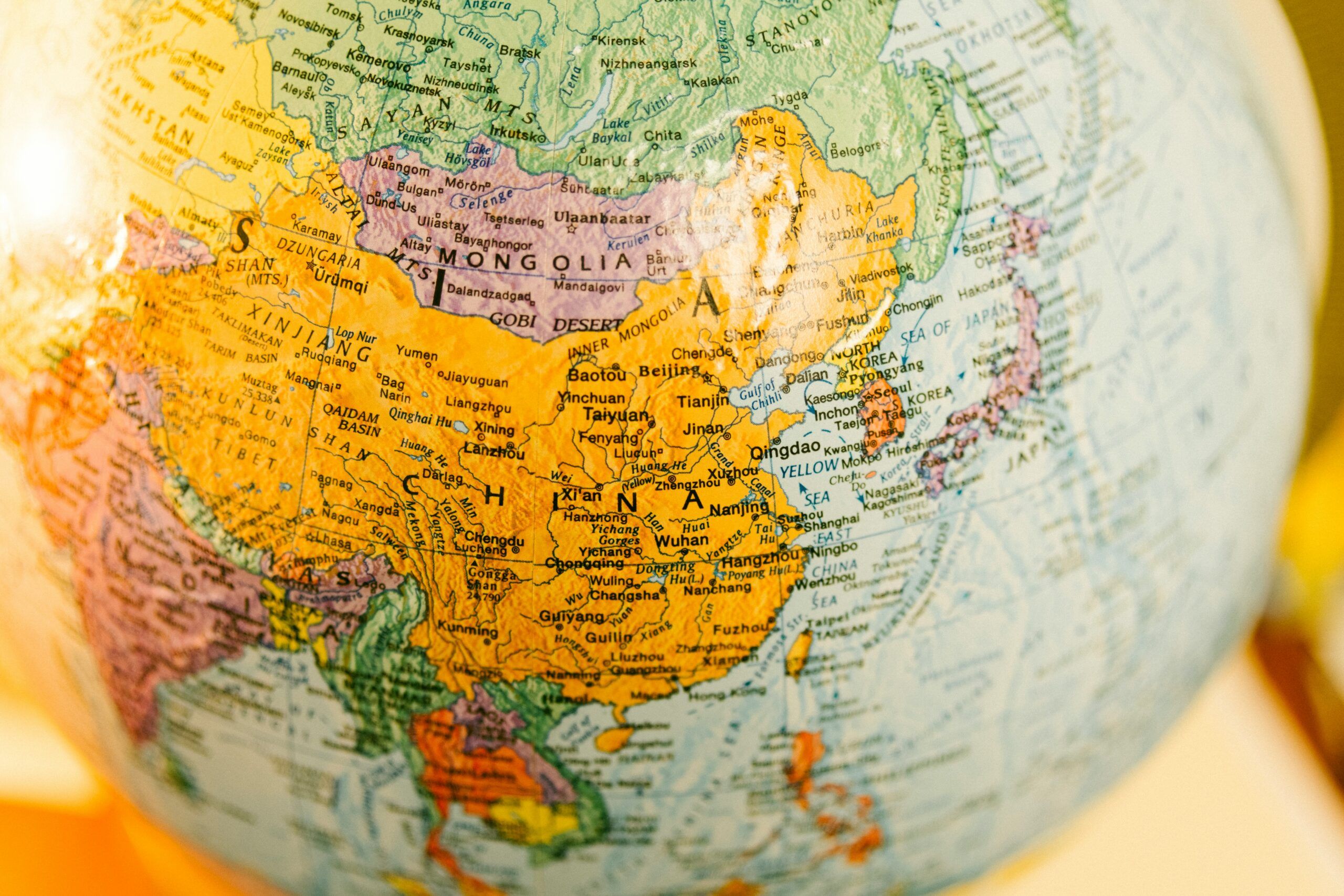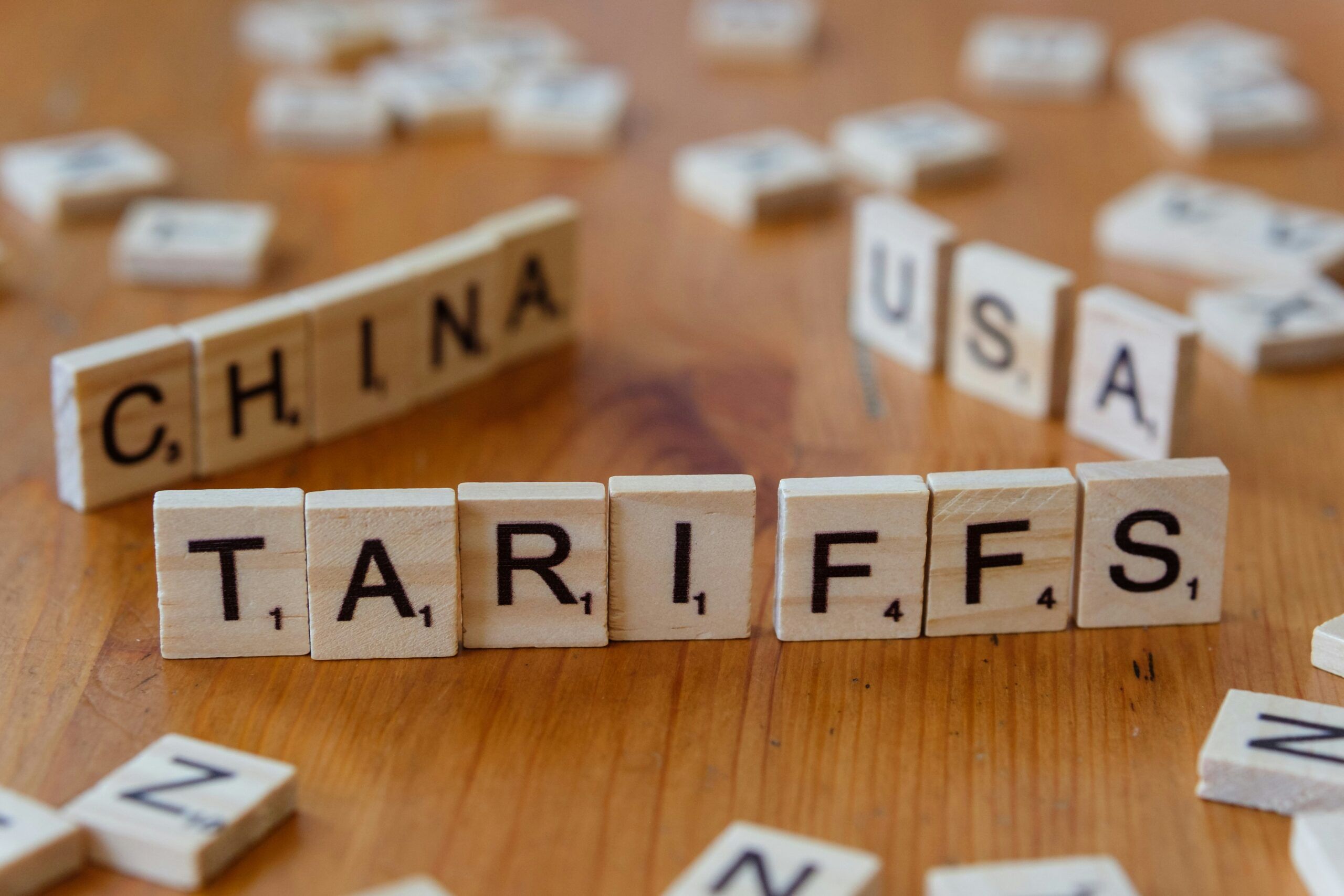Has President Trump Triggered a Sell-Off of U.S. Dollar Assets by Asian Countries?
Analysts advise that many exporting Asian nations, especially those considered as powerhouses* are beginning to unwind their US Dollar holdings which today stands at circa USD 7.5 Trillion. President Trump’s economic policies have turned America from a safe haven to one of volatility and perhaps inevitably a certain amount of pain. These Asian exporting powerhouses have for many decades enjoyed a simple economic model – Sell their products to the United States and use the proceeds to invest in U.S. assets. However, experts advise that due to President Trump’s current strategies, this model, whilst not completely broken, is certainly creaking at the joints.
*Asian Exporting Powerhouses – China, Japan, South Korea, India, Vietnam, Singapore, Malaysia, Thailand, Bangladesh, Pakistan, Philippines, Taiwan, and Hong Kong.
This economic model is now facing its biggest challenge since the Global Financial Crisis of 2007 – 2009 with the underlying logic that created this model in disarray. Certain senior figures in this financial arena have already suggested that Asian countries due to a certain amount of pain have already begun to unwind their dollar positions. An example of such pain can be found in Taiwan where data shows that after President Trump announced tariffs on “Liberation Day” there was a big sell-off of the U.S. Dollar. As a result, Insurers in Taiwan announced just for April 2025 a loss of circa USD 620 Million, and when at the beginning of May the Taiwanese Dollar surged against its counterpart in America by circa 8.5% the same companies announced there were potential losses of circa USD 18 billion in unhedged American investments.
During the Biden presidency, data revealed that flows of capital from Asia to the United States had already receded from previous peaks. Analysts have announced that unwinding is accelerating with family offices freezing or cutting their investments, data from March 2025 confirmed that China had reduced their treasury holdings, and Japan’s largest life insurer announcing it is searching for alternatives to US treasuries. In Australia, UNISEP, one of the largest pension funds, announced it was declaring a cap on US investments, and so the list goes on. If the switch from holding US assets to doubting their reliability could experts advise, see circa USD 2.5 Trillion flow through global markets. Indeed, data released from the US Treasury confirmed that a combined net USD 172 Billion of U.S. bonds and equities were sold by Asian Nations in 2024 adding to the USD 64 Billion sold in 2023.
There are however a number of experts who disagree with the aforementioned, saying that in order for a decoupling from the United States investors need to know where to go suggesting that this is just a cyclical shift. These opinions appear to be in the minority and recent data shows that capital is already flowing into Japan. Experts now believe that policy volatility and tariffs under the Trump2 presidency is exacerbating the decoupling from the US Dollar. However, many investors still see US treasuries as a safe haven, especially as the dollar is still regarded as the world’s reserve currency. Only time will tell where the financial markets and the US Dollar stand by the end of the second Trump presidency. However, under the current circumstances the global mood towards President Trump, his tariffs, his flip-flops on economic policy, the loss of their AAA status remains cautious if not very negative.










